Had I Not Seen the Sun Review
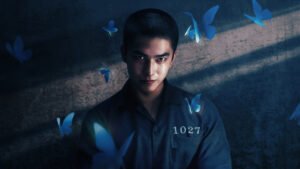
Director: Jiang Ji-zheng and Chien Chi-feng
Date Created: 2025-11-13 21:49
4
Had I Not Seen the Sun Review: Directed by Jiang Ji-zheng and Chien Chi-feng, this Taiwanese drama 如果我不曾見過太陽 is a 20-episode series (split into two parts) that features Tseng Jing-hua as Li Jen-yao, Moon Lee as Chiang Hsiao-tung, and Chiang Chi as Chou Pin-yu, along with Lyan Chen, Umin Boya, Nic Chiang, Yao Chun-yao, Biubiu Chen and many others. The creators of this thriller are Chien Chi-feng and Lin Hsin-huei, who took the liberty to write the story not only about crime and guilt but also about the silenced ones who break up quietly and love imperfectly.
Had I Not Seen the Sun Review
The Netflix series Had I Not Seen the Sun follows Pin-yu, a young documentarian whose new project brings her head-to-head with a notorious serial killer, Li Jen-yao. An interview soon morphs into a nightmarish odyssey through memory, loss, and obsession. In the course of her sessions with Jen-yao, she starts to have these visions and flashbacks that tumble into his life and become blurred between you know, outside of him in space, where he was and her reality where she is.
The series does a great job of blending its crime and emotion in a way that feels both human and eerie, and by the time you get to the finale, it is difficult to say who’s truly broken and who’s just acting like they’re okay.
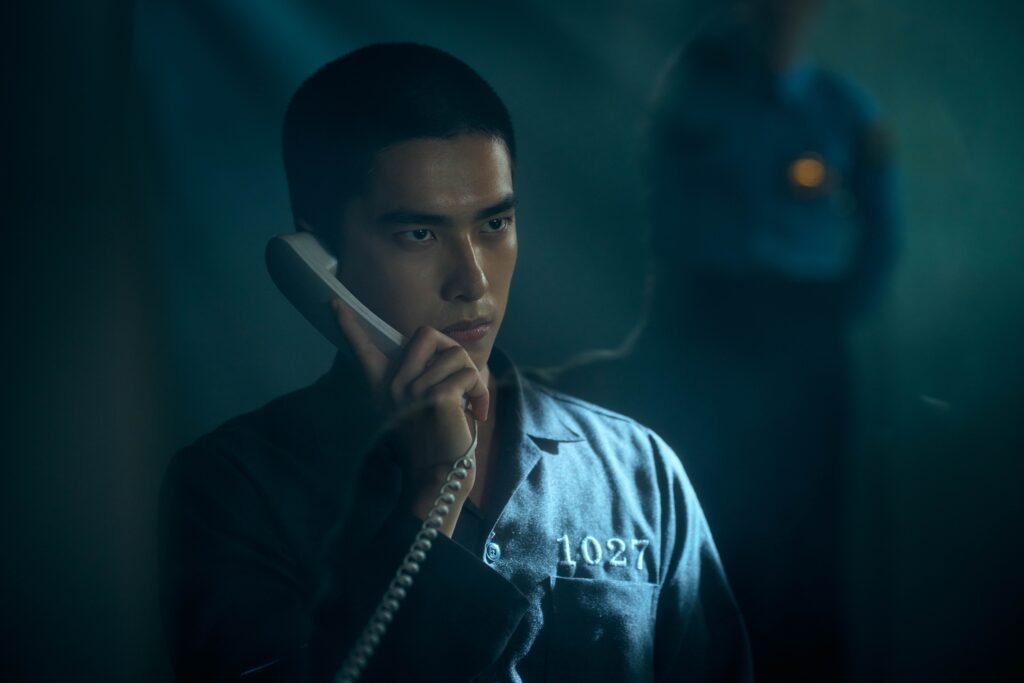
Netflix’s Had I Not Seen the Sun does not rush to reveal or delight the audience, but rather lets the strong feelings convey the message. The melancholy atmosphere, the dim light, and the continuous reference to the moth and butterfly all silently express a lot and never resort to telling. The notion that we are attracted to the things which are our doom is magnificently carried out in this picture.
The use of metaphors might seem quite apparent in words, but in the picture, it is extremely and painfully delicate. It adds a rawness and vulnerability that feels distinctly modern, though, something the Taiwanese drama Had I Not Seen the Sun does, too. Unlike the saga of the loud villains and the perfect heroes, this just has flawed people carrying their past as invisible scars.
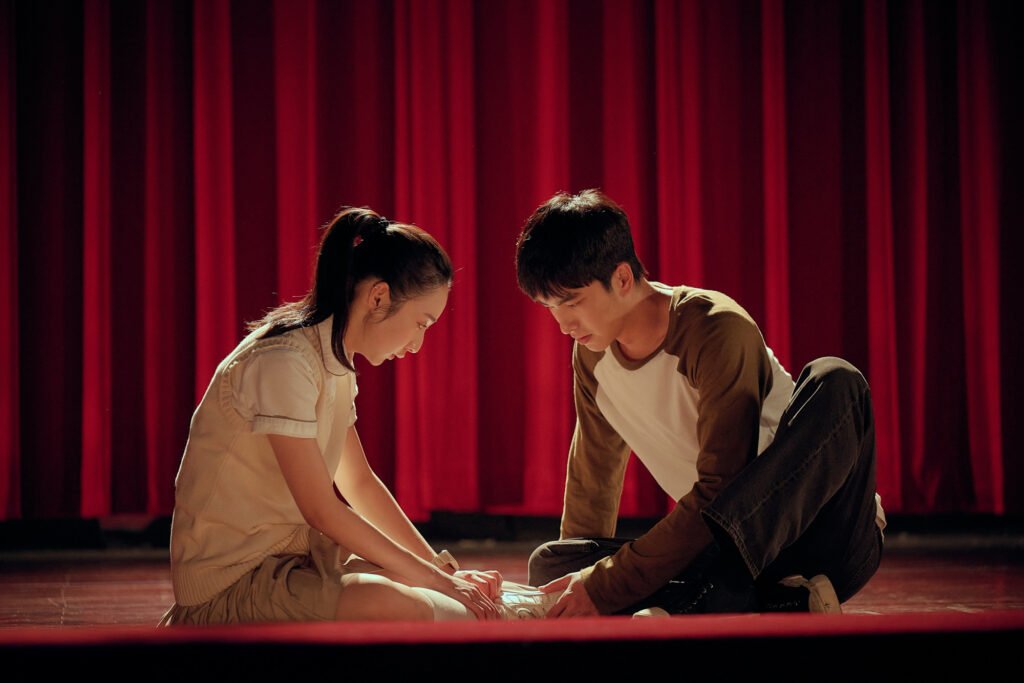
Tseng Jing-hua is brilliant in the role of Li Jen-yao, and he is also not a one-note monster. His backstory plays out like a tragic riddle: mercilessly bullied, abused, and forsaken until the rage within him inevitably erupts. But you could still always see the wounded child behind his eyes. In contrast, Moon Lee’s Hsiao-tung becomes the delicate light within his darkness, and the impression they leave on each other, though brief, carries through for the balance of the series.
Pin-yu, the young documentarian, is perhaps the most intriguing character. She is curious, courageous and kind-hearted, but she too has her own secrets. There is more to her relationship with Jen-yao than journalism, as the film goes on to show. But their silence and solitude turn her from one who tells the story to part of it, vicariously experience confusion, tears and desperation to understand (even just the basic whys, the how can they do it, is he ever going to tell me why and all the ilk) of her own tragic character.
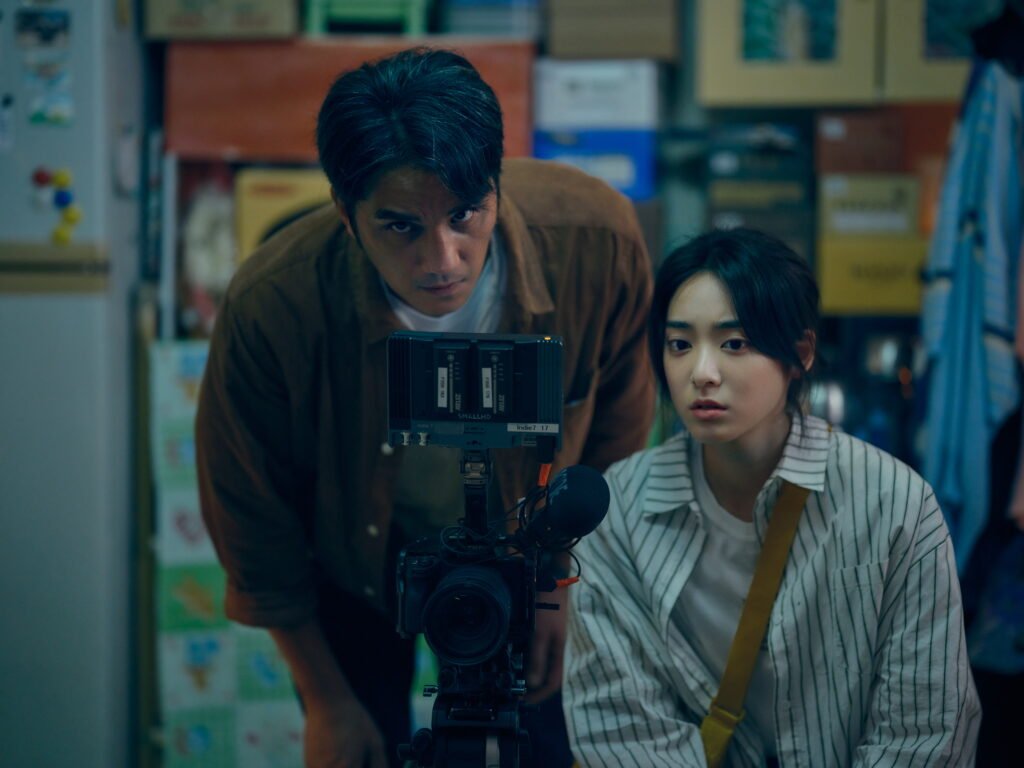
Also Read: The Beast in Me Review: Gripping and Clever Thriller That Balances Grief and Suspense Perfectly
However, where Had I Not Seen the Sun Series really clicked for me was how it tells the story through emotion. I felt like each scene was constructed to illuminate what is not stated: the bittersweet tinge of remorse sealed under lips, the desire for absolution with control firmly out of hand, the recurring non-verbalisations of blame, the pattern of guilt going round and round. This can be seen even in the cinematography, muted colours and dark rooms packed with nostalgia.
The writing is delicate but layered. It avoids the usual “serial killer” drama clichés and instead paints a portrait of loneliness. Even side characters, like Hsiao-tung’s best friend or Pin-yu’s cousin, feel multi-layered and drive the narrative deeper. The music in general has a subdued but essential quality; it’s haunting while not really being a distraction.
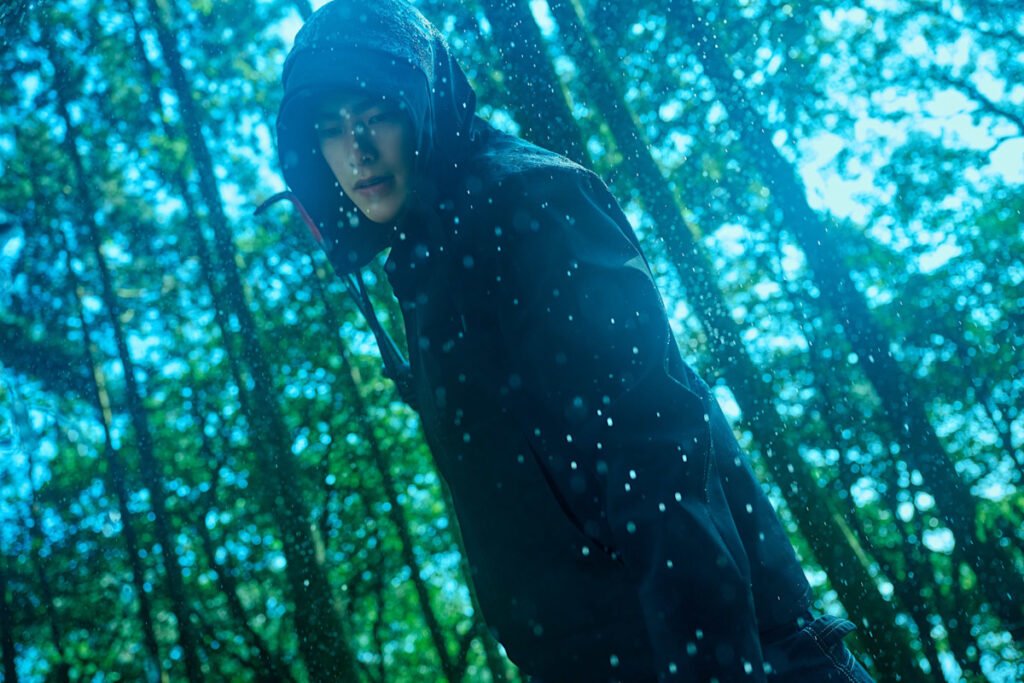
While it was a very slow-burning narrative, it never felt hollow. Each episode adds a new layer to the mystery, and even when not much happens, the atmosphere perfectly keeps you engaged. This sense of patience in storytelling saves Had I Not Seen the Sun from feeling like another churned-out dark thriller, that is, one that Netflix has had more than its fair share of bluesy anecdotes making the rounds on its platform.
Sure, some viewers may find this pace too slow. Both parts have 10 episodes apiece, and there are times the story stalls, particularly when it gets lost in flashbacks or silent gaps. There were moments I wished the writers had cut a couple of scenes to preserve the emotional intensity. Still, at that point, the narrative never loses its objective.
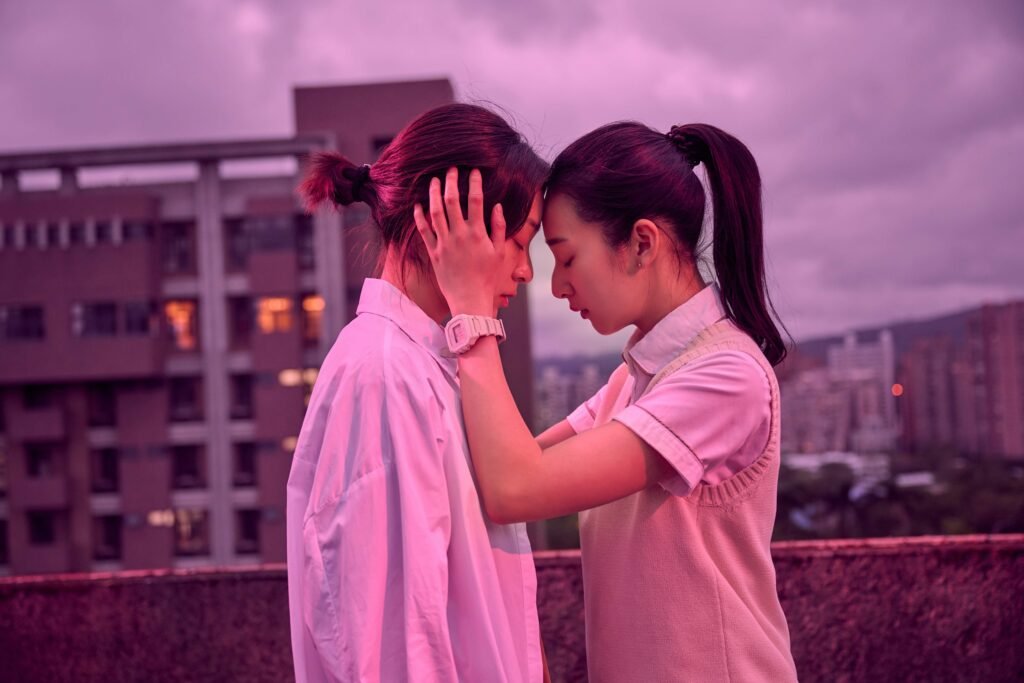
The only other small-ish downside is that there are a few questions in the air, particularly at the end of Had I Not Seen the Sun Part 1. Yet therein lies its intrigue, as it does not spoon-feed you the answers. It is open-ended, allowing the viewer to question whether redemption may be found or if some scars are beyond repair.
Had I Not Seen the Sun Part 1 Review: Summing Up
Overall, Had I Not Seen the Sun is like a poem told through image drawn in verse, a reckoning of guilt and trauma, of forgiveness and relief. And that might take its time, but its feelings are bottomless. If you like complex storytelling, compelling characters, and beautiful visuals (and again, a tragic ending), then this Taiwanese drama is for you.
Most of all, it allowed me to really feel compassion for everyone, the victims, the perpetrators, even the people in the middle. It drives home the idea that people do horrendous things for reasons far from basic, and that love is both salvation and hell.
Also Read: Last Samurai Standing Review: Fierce and Emotional Survival Game That’s Deeply Entertaining to Watch
